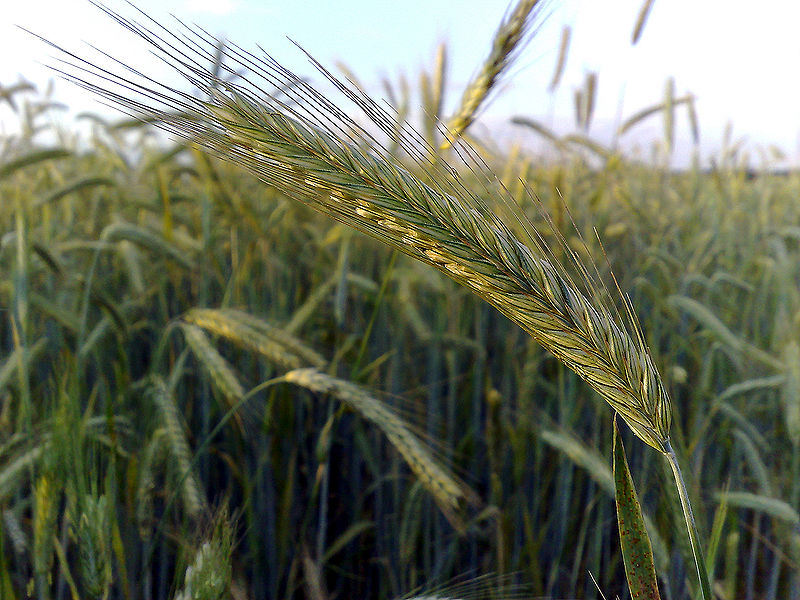Share This
Rye is an often overlooked grain. When you hear the term “rye” many people think of the dense, dark bread and not much else. Long associated with the long-ago peasants and a heartier taste, rye could be considered the underdog of the grain world. Rye’s history is somewhat vague, existing in small quantities at some Neolithic sites in Turkey, but not appearing in archaeological records until 1800-1500 B.C.E.
Unlike its overlooked status here, in parts of Europe and Russia rye is a staple in everyday cuisine. Rye is a diamond in the rough just awaiting its moment, with many health benefits, such as its high fiber content to help prevent weight gain, gallstones, and constipation, to its place in helping to reduce high blood pressure and diabetes,
While rye is mostly known for its use in breads, whole rye berries are a great addition to soups and make great grain salads and side dishes. If you want to drink your rye, of course, there are a variety of ways to do so, like this newly released rye whiskey from the Sugar House Distillery in Salt Lake made from 100% rye. Or if you’re up on entertainment news, the new Rise Up Rye beer, inspired by the Broadway musical Hamilton, may have caught your attention in recent months.
Rye shares its month with Triticale, another lesser known grain which is a hybrid of wheat and rye. First bred in Scotland in the 1800s, triticale was created by botanists who had high hopes for its ability to thrive in adverse conditions. While it is currently used mostly for feed grain in North America, scientists are testing triticale’s potential for use in breakfast cereals, and in distilling and brewing – many of the ways rye and wheat are use. So far, uses of triticale are minor; we’re still waiting for it to go viral!
If you’re interested in different ways to add rye to your diet (beyond your beverage!), you may want to browse the Oldways site for some interesting recipes including this traditional Pain d’epices French Honey Rye Cake or Robin Asbell’s French Lamb and Rye Berry Braise. If you’d like to just give the classic rye bread a shot, King Arthur Flour Company’s Classic Pumpernickel Bread is sure to please.
Do you have a favorite rye recipe? We’d love to hear about it and give it a try!
(Harley)


Add a Comment